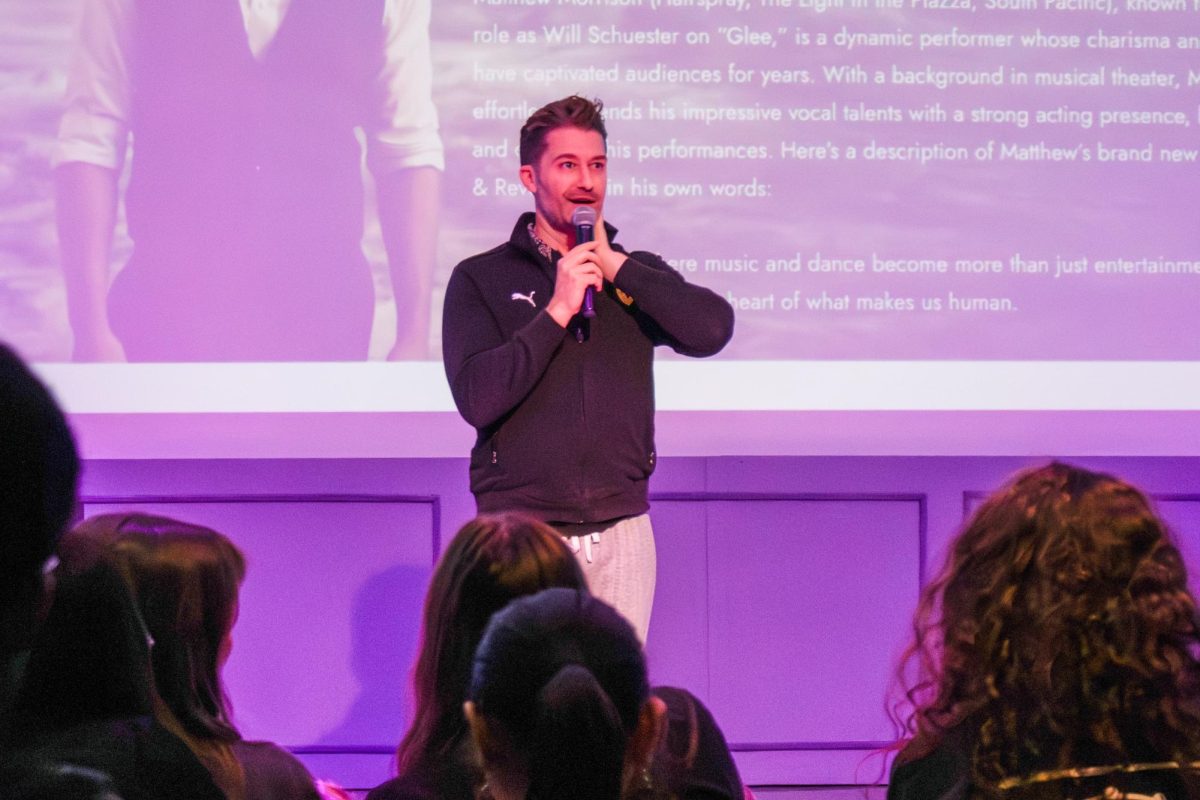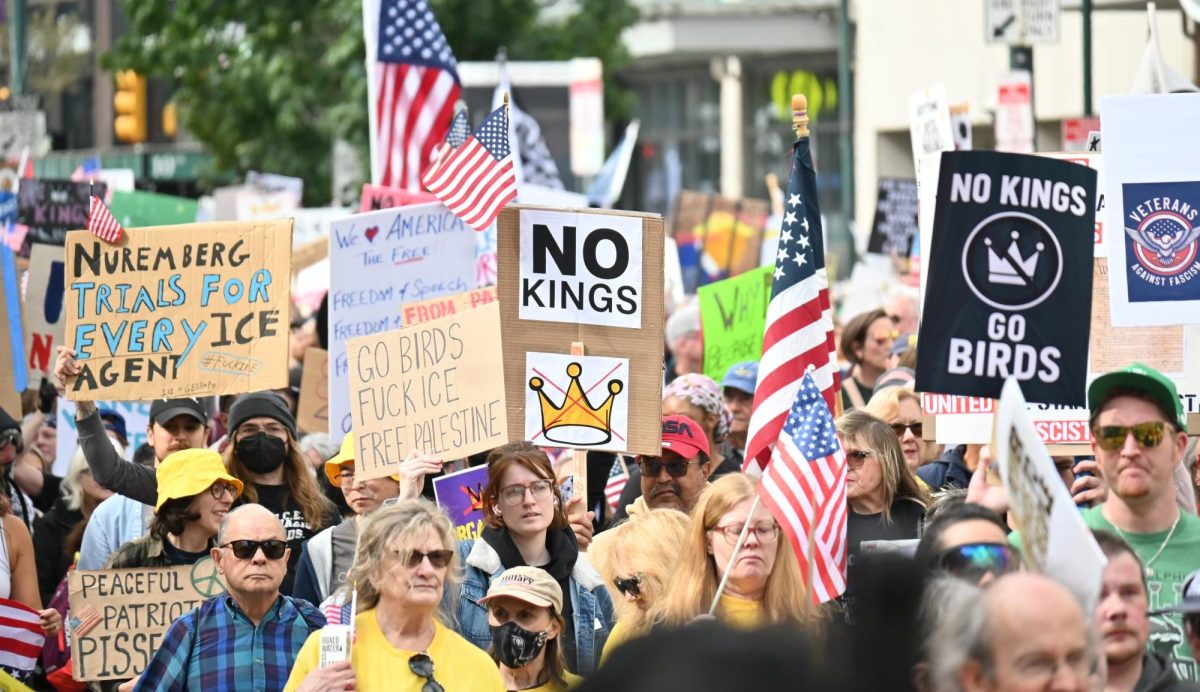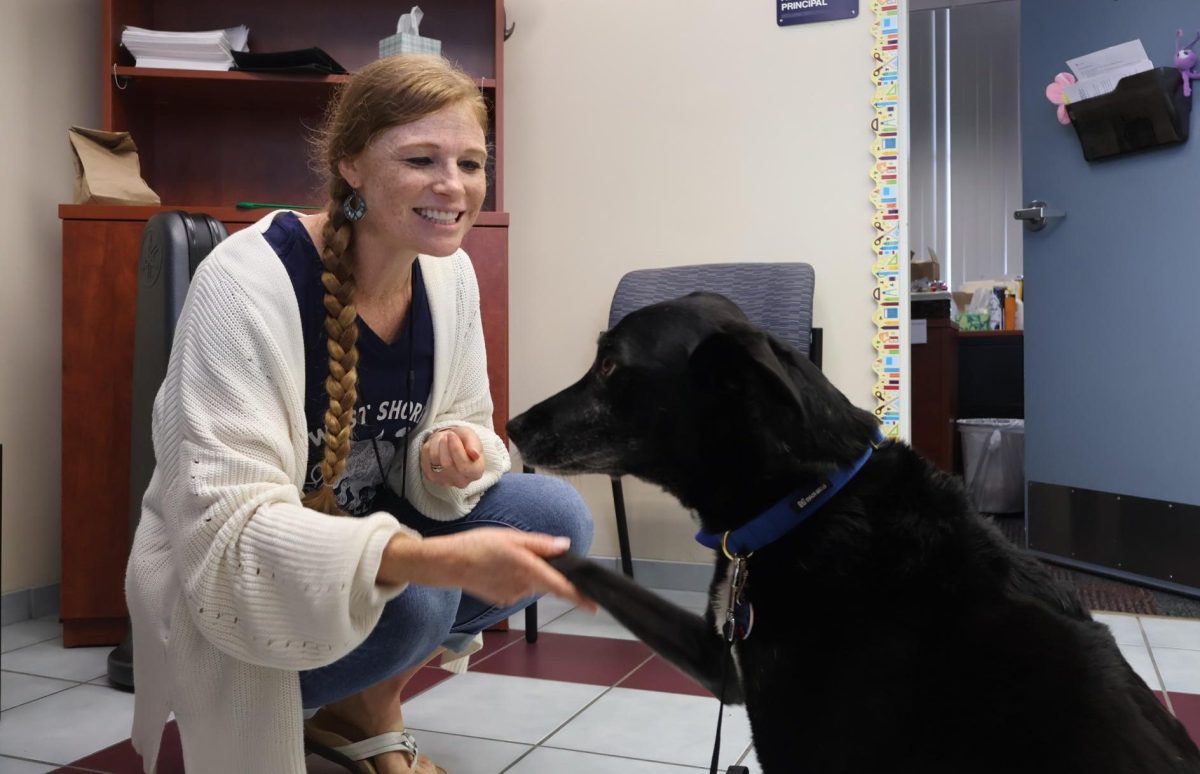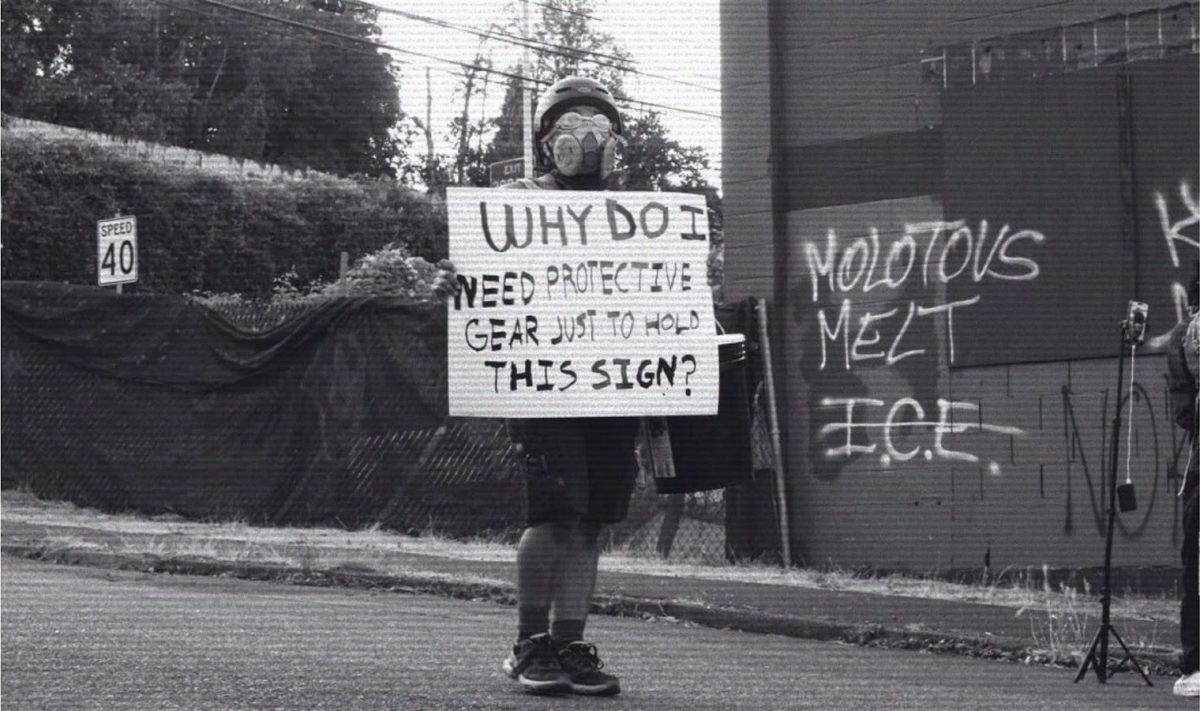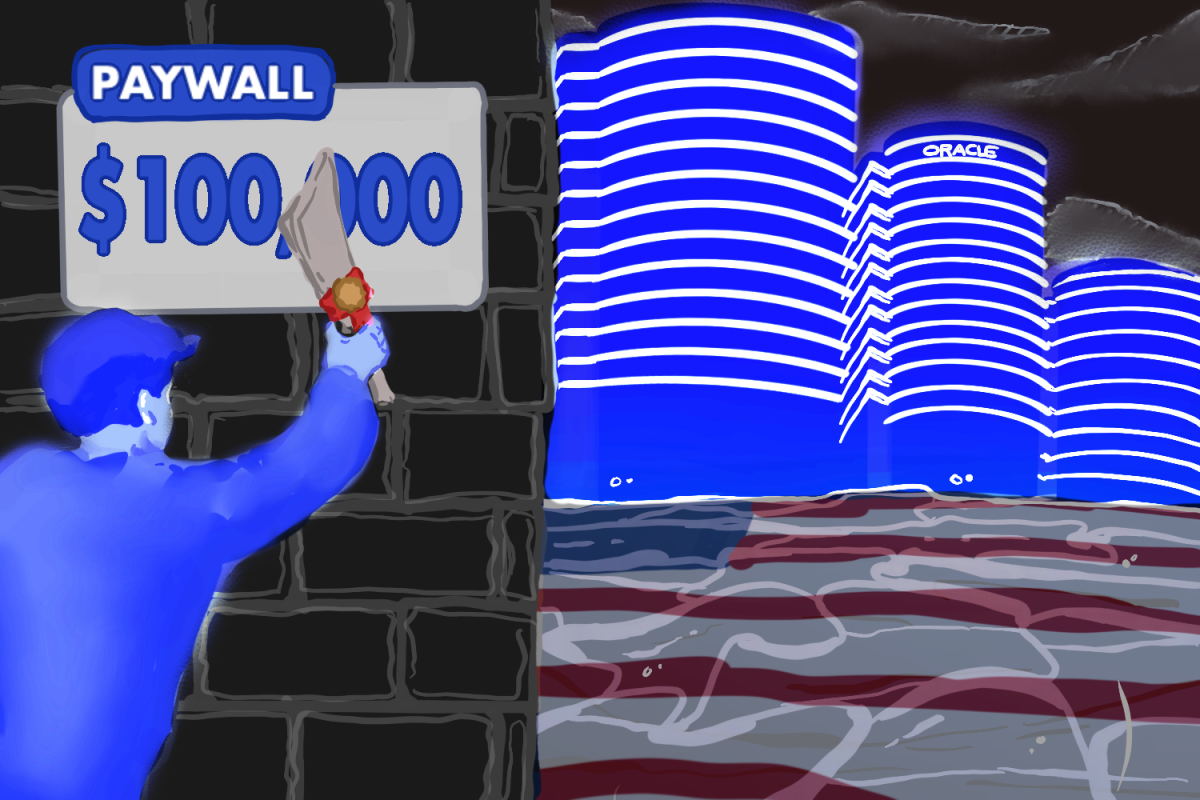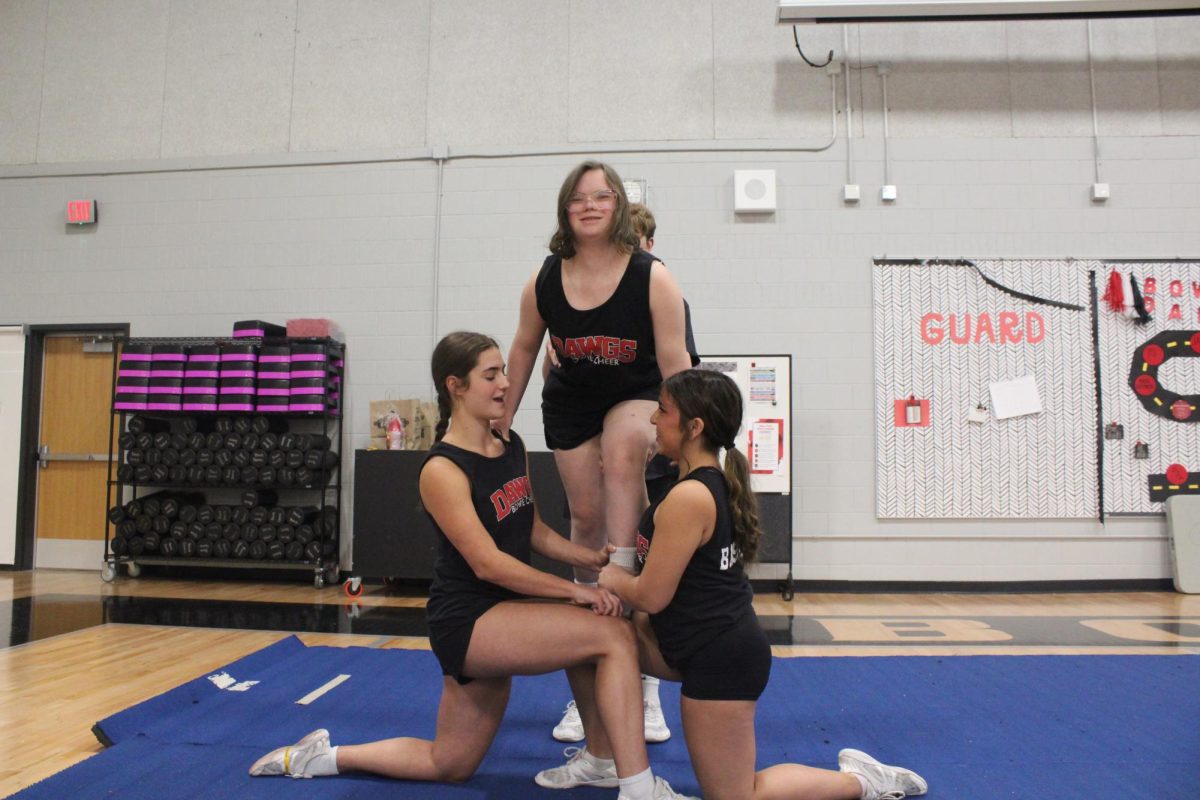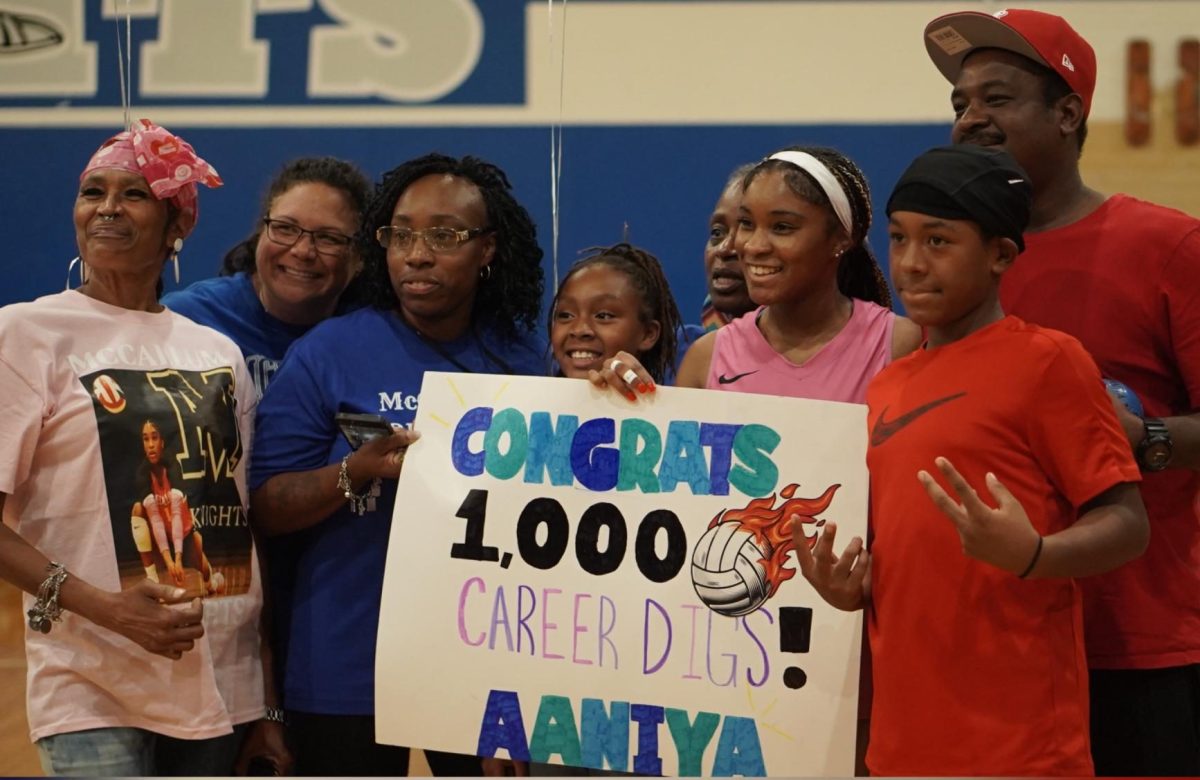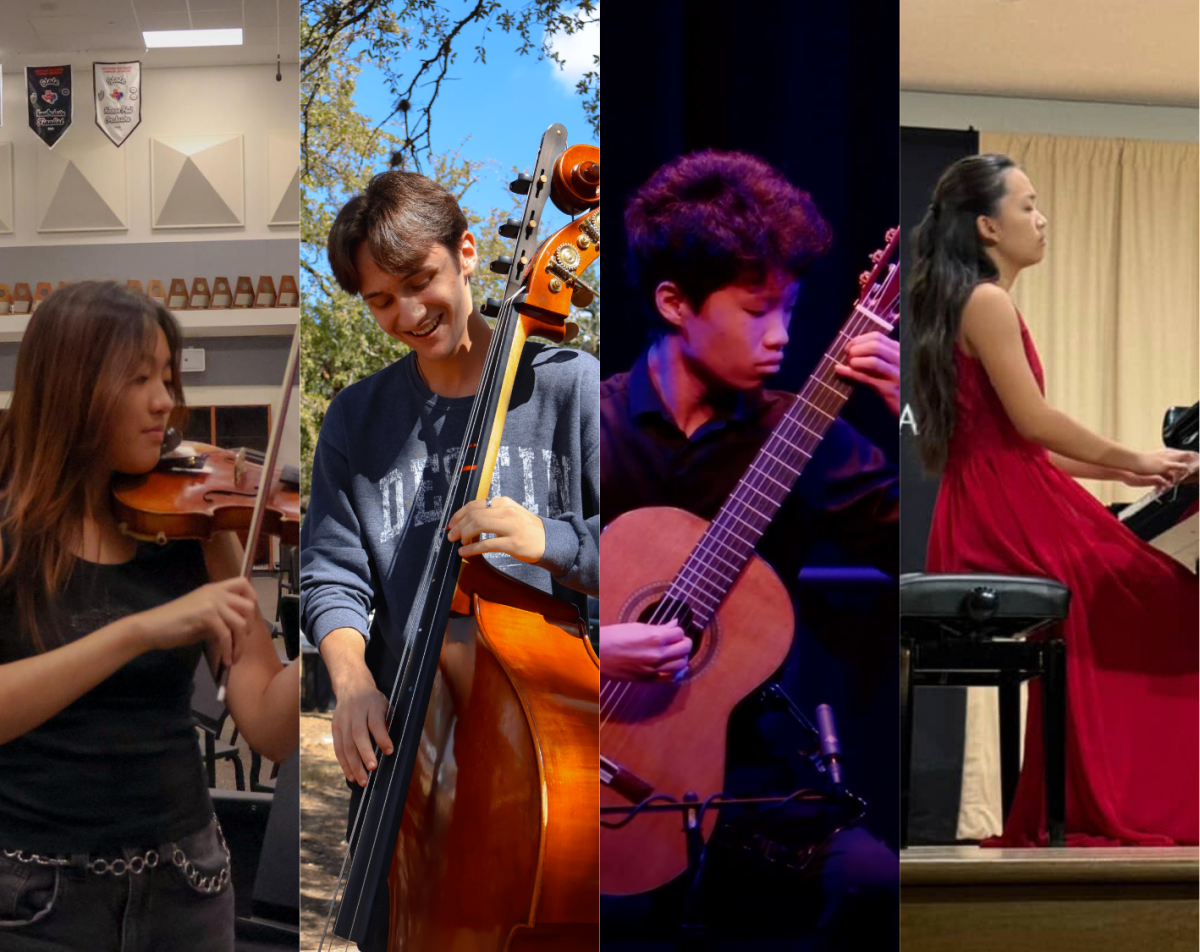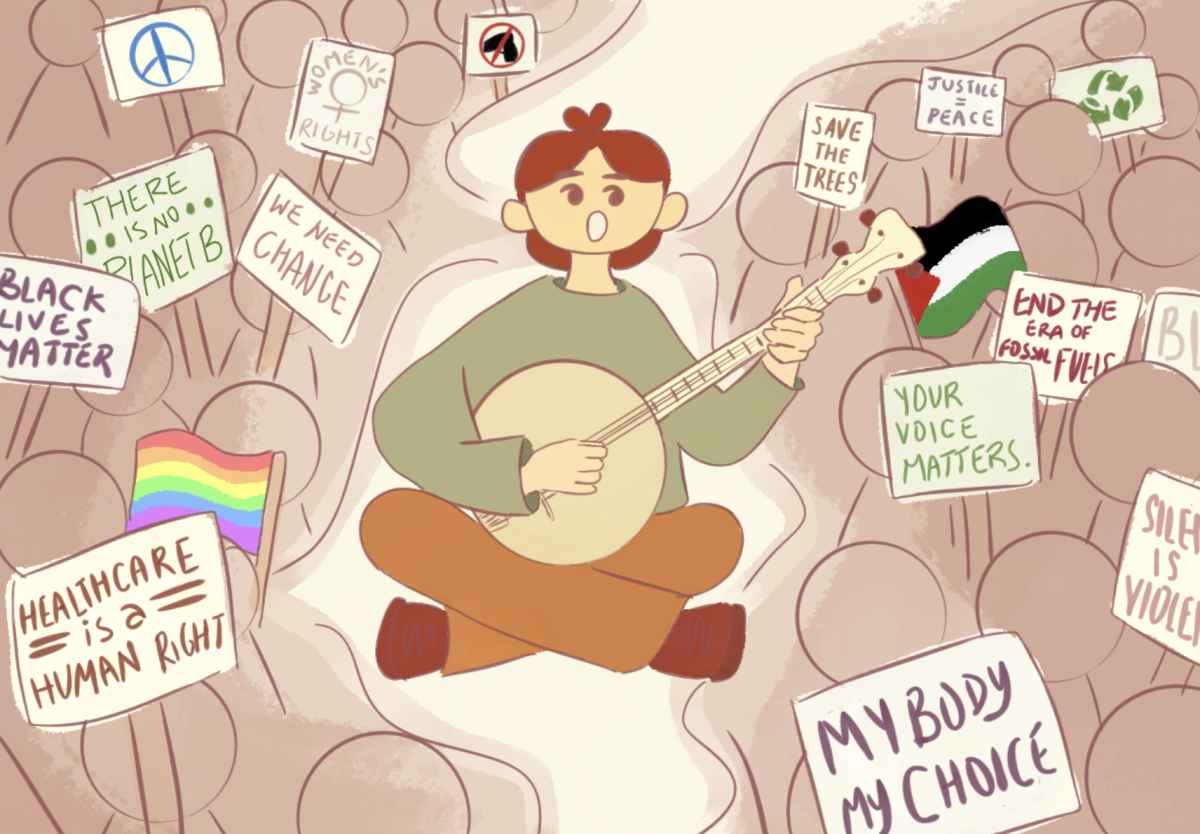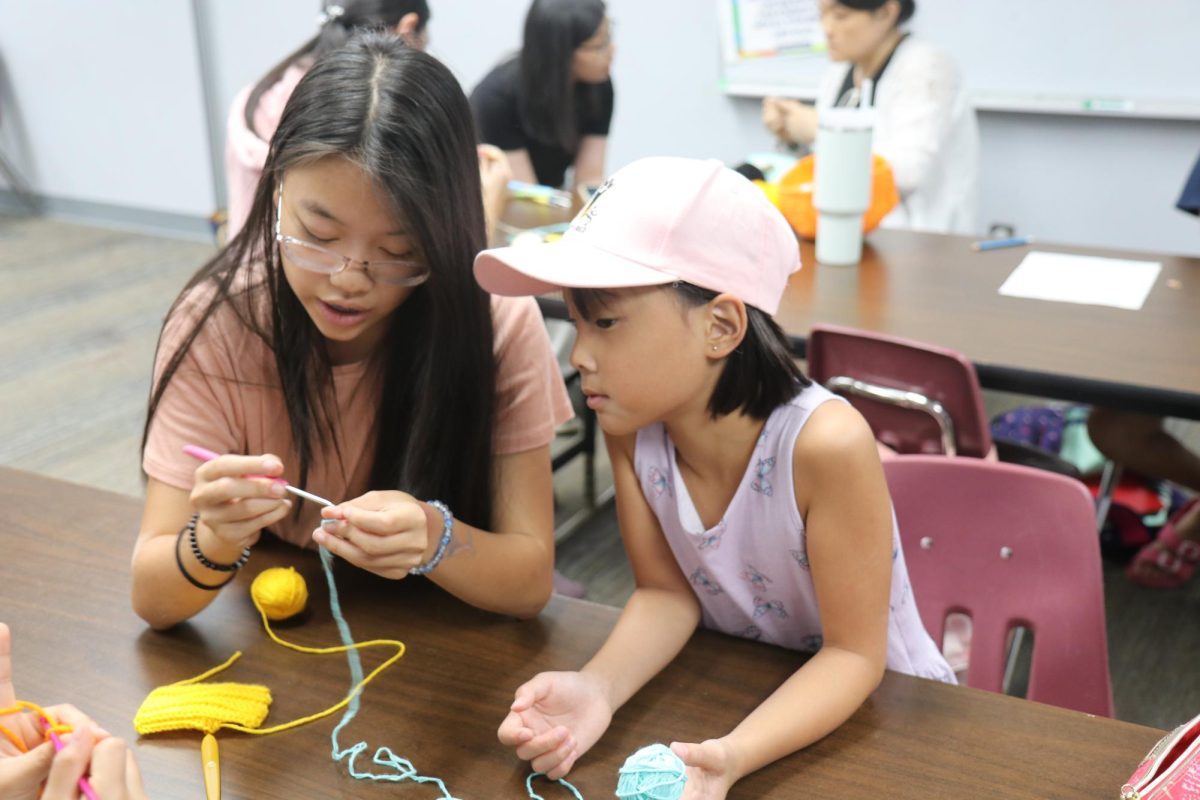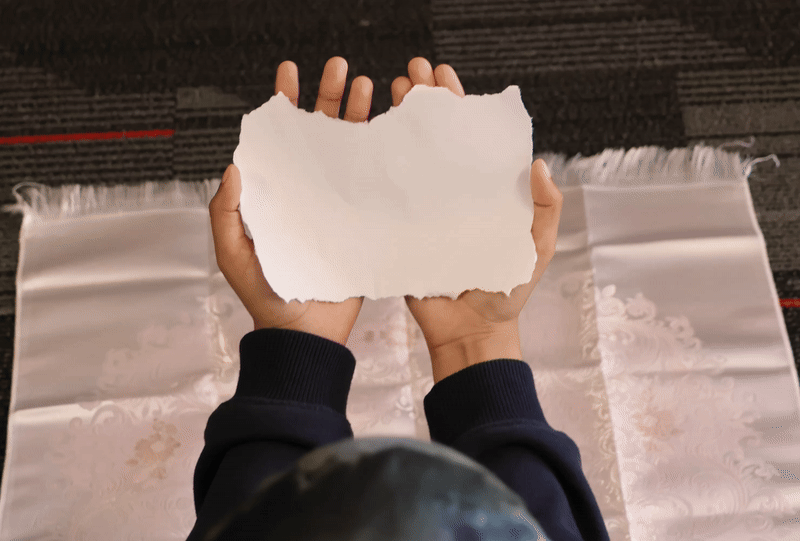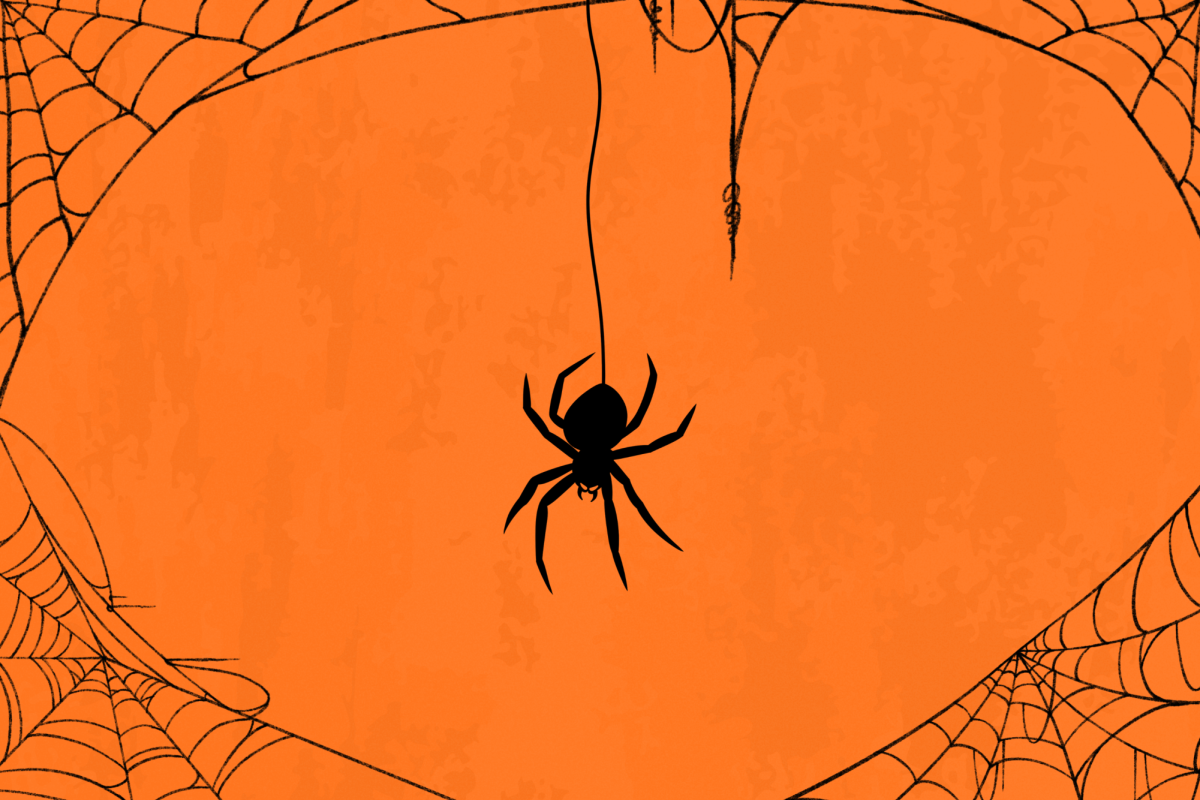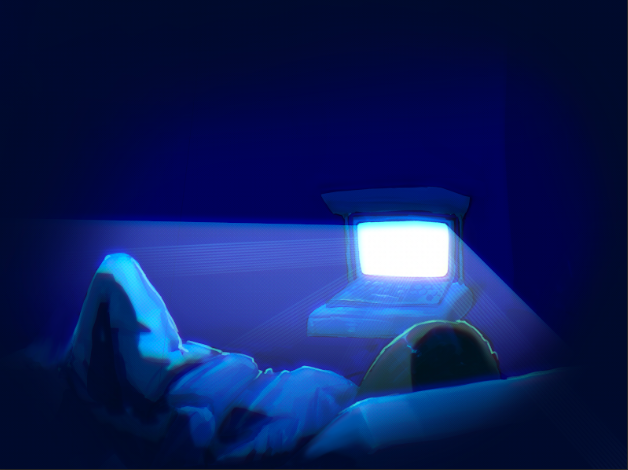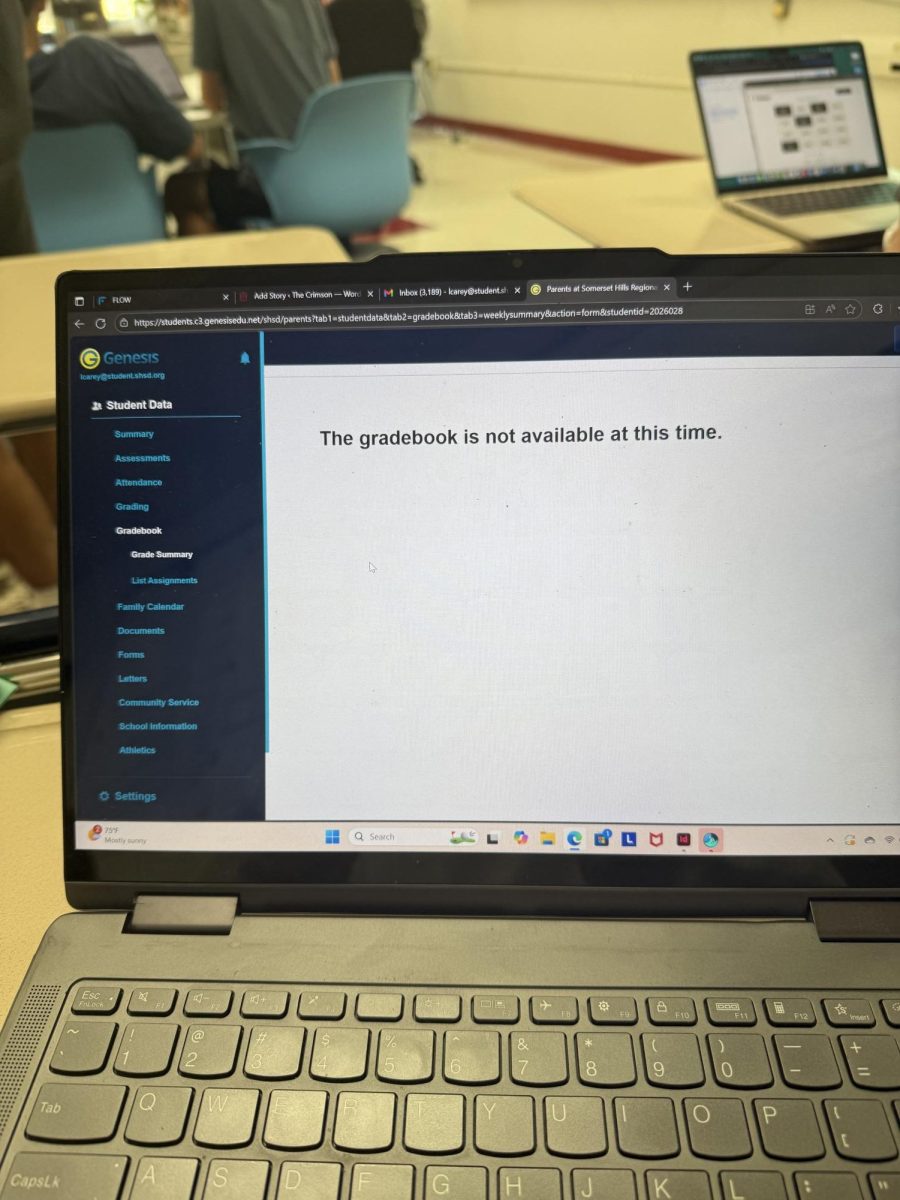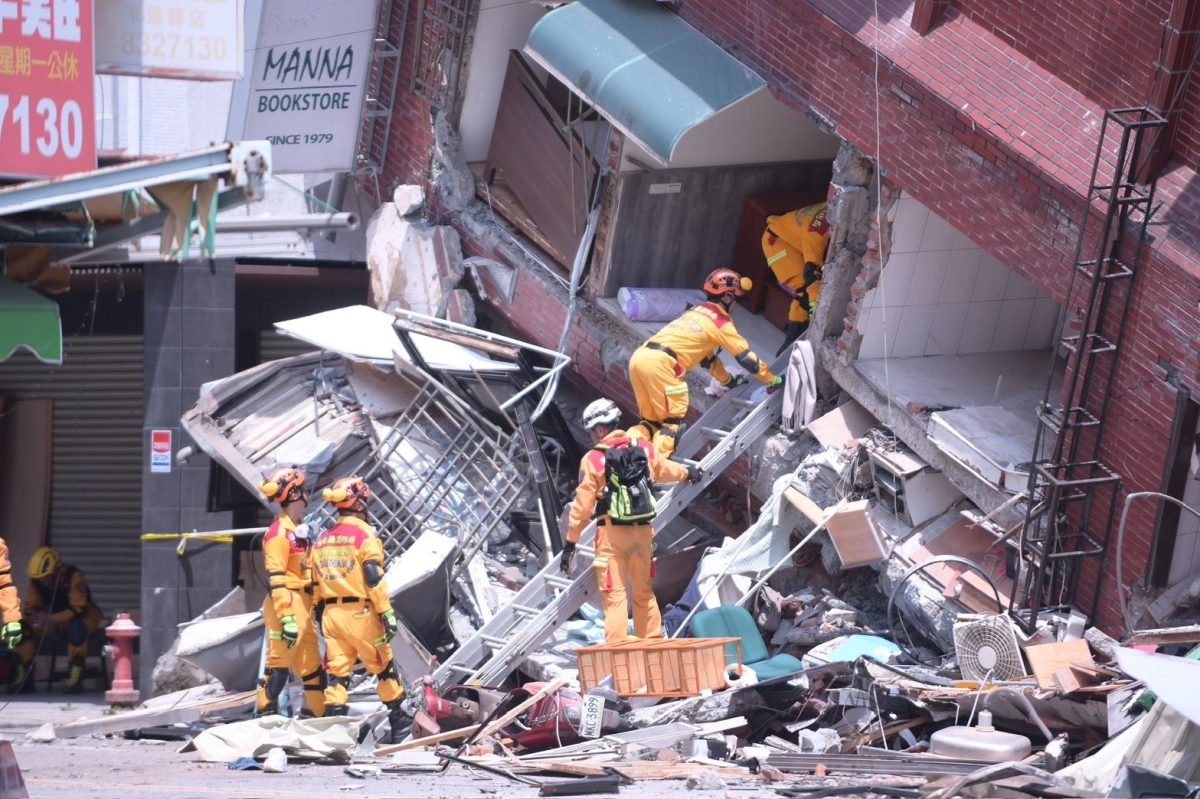Sophomore Micah Chew hadn’t expected much from his spring break. While taking a quick trip to Taipei, Taiwan, to ease his mind before the upcoming finals and Advanced Placement testing, and to celebrate his sixteenth birthday, the last thing he expected was to wake up drowsily on the morning of Wednesday, April 3, to the jarring tremors of a 7.2 magnitude earthquake on the Richter scale.
“It was the first earthquake that I actually felt,” Chew said. “We stayed at a hotel on the fifteenth floor, so when I woke up, everything was just shaking. I heard stuff in our bathroom breaking like the shards of the shower glass. [After the shaking stopped], we took the stairs down and a good amount of the people staying at the hotel were already at the bottom floor.”
According to Wu Chien-Fu, the director of the Taiwanese Central Weather Administration’s Seismological Center, the deadly April 3 earthquake was the strongest to hit the island in 25 years. Since then, the entire island has only been rattled by aftershocks — with over 1000 aftershocks reported, injuring more than 1000 civilians, the situation was especially stress-inducing for the Taiwanese community who also endured the 1999 earthquake, nicknamed the “921 quake” that left more than 2000 dead.
Missionaries of the Taipei-based Jesus Christ Church of Latter Day Saints Brianna Day and Grace Nielson, both from the United States, were in Hualien City, the earthquake’s epicenter, when it struck. The news of the widespread devastation quickly reached their families back in America, causing them to panic. Because Day and Nielson’s occupations only allow them to contact their families one day per week, the lack of communication brought immense stress for both sides.
“My mom cried,” Nielson said. “As a parent of a missionary, especially since we can’t talk to them throughout the week and they see news of a magnitude seven earthquake right in the place where we live, the news exaggerates and only shows the bad. I can’t imagine being a parent when you have to worry about someone else and your imagination takes over.”
With 176 buildings reported to be damaged or destroyed just in Hualien City, the earthquake shook civilians, especially those who had endured the 921 tremor. As a result, many community members — including Michelle Dinnage, who has lived in Hualien City for half a year after moving from Indiana — escaped the confinement of their homes.
“Even though our building was built very strong, it still shakes and moves very much,” Dinnage said. “We decided it would be better to stay in the open if things got worse and tried being in the vehicle, which didn’t matter because it was also moving and rocking very much. So now I don’t know if it would be better being in the building or in the vehicle.”
After the initial April 3 earthquake, the government of Hualien announced that the city would be 停課停班, meaning everything would be shut down throughout the city as city officials gauge the damage. Hualien citizen and administrator at Tzu Chi University of Science and Technology, Mei Yen-Hostrongly emphasizes how off-guard the quake had caught her as a wheelchair user with limited leg mobility.
“There’s never been this big of an earthquake ever,” Yen-Ho said. “Never. At that moment when everything was shaking, all the Hualien citizens knew they’d never experienced such a big quake. Even me who grew up and had a childhood in Hualien really got shaken up. [During the earthquake], even my fellow co-workers who can walk said they weren’t able to, so when I was in my wheelchair, I had to look at my surroundings for things to stabilize myself and hold on until the shaking came to a halt.”
Despite weeks since the April 3 earthquake, aftershocks and the possibility of another devastating earthquake haunt many of the Hualien citizens, prompting Nielson and Day to be one of the many who decided to leave the epicenter and seek refuge elsewhere.
“We woke up to one of our mission leaders calling us to evacuate,” Day said. “They bought us emergency train tickets [to Taipei], and it was so crazy because up to that point since the first April 3 earthquake, I felt like if our house could make it through that, it can make it through anything.”
And it seemed like everyone else in Hualien was rushing to do the same as quickly as possible — both Nielson and Day reported the sense of urgency that vibrated through the crowds of people in the Hualien train station as they realized how weary the journey would be just to reach a safer destination.
“The train tracks had shifted so they were unsure if it was safe, especially since we have to go through tunnels and mountains on the ride there,” Nielson said. “So instead we went around the entire island of Taiwan just to get to Taipei. We spent 10 hours on that train. The train station was packed, all the tickets were bought, and another aftershock happened [and the] train station was swaying while people were screaming, ‘[there’s an earthquake]!’ That’s when it felt like the end of the world most to me, when everyone was running around crazy.”
Chinese teacher Caroline Lin, who previously experienced the 921 earthquake, emphasizes the importance of spreading awareness about earthquake drills and ensuring those affected in Taiwan have the necessary skills to protect themselves in the future. Because the island lies along the Pacific “Ring of Fire,” the interaction of tectonic plates leaves Taiwan prone to several earthquakes happening as a result.
“[At the end of the day], it’s really about educating people on what you do and what not to do during an earthquake,” Lin said. “Especially since Taiwan is a highly populated area, just one single building collapsing and we could be talking about thousands of people [getting hurt]. In California, we actually have five different internal seismic emergency plans, but these are not common practices in Taiwan. So I hope that as more earthquakes occur, people can be more aware and implement strategies to prepare for an earthquake. Since we cannot predict these, the best thing we can do is to prepare for it.”
For now, as aftershocks continue to ravage the island and citizens continue to support each other during difficult times, citizens like Yen-Ho acknowledge and appreciate her current well-being and safe and supportive environment.
“Because I’m older, I’m realizing that being safe and alive is already a privilege in itself,” Yen-Ho said. “When suddenly someone’s house falls apart or suddenly life doesn’t go a certain way, you realize life comes in unforeseen ways. In your life, when you need to do something, do it because life is so unpredictable that you don’t know when it could be your last day saying goodbye to your family.”
The interview with Mei Yen-Ho was translated from Mandarin to English by Iny Li and Jessie Li.
This story was originally published on The Burlingame B on May 28, 2024.


